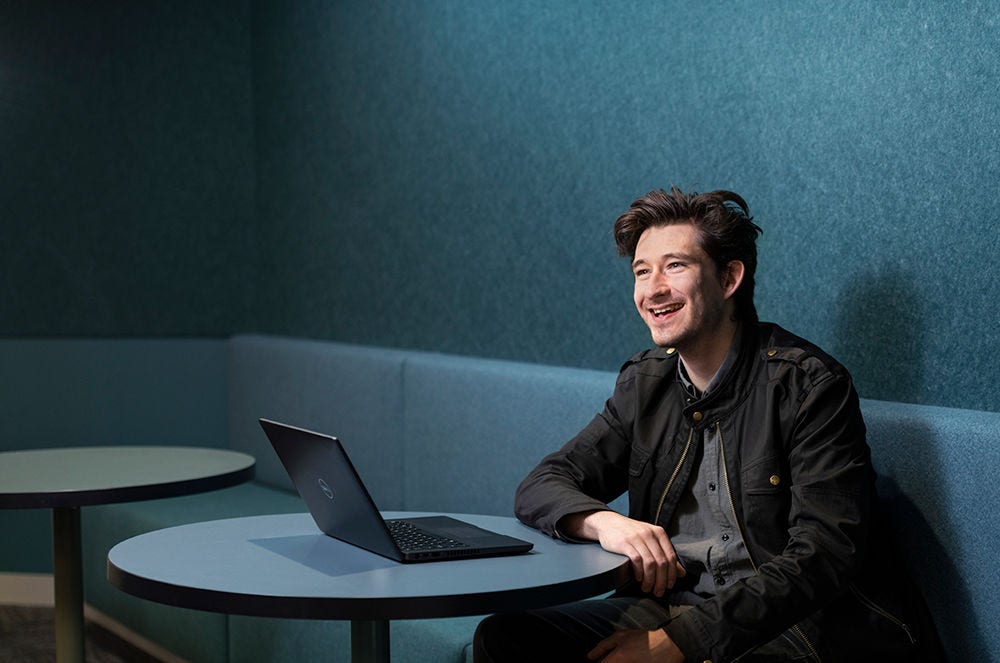What you'll learn
During your first year of study, you'll establish a strong foundation in essential IT fundamentals including programming, database development, networking, and IT systems and system requirements.
You will then dive deeper into the software engineering specialisation and learn modern, industry relevant practices. From your second year, course content will include data structures, system design, agile development, DevOps, design patterns, secure software development and cloud and concurrent programming – high demand skills valued by employers.
You’ll also further extend your software engineering knowledge and skills with courses including:
- System Architecture
- Software Quality Assurance
- Scalable Software Systems Design and Architecture.
The program structure will allow you to use your design and implementation skills to build systems using effective architectural and software design patterns. Focus on modern industry-relevant programming languages and practices and developing your non-technical professional skills that are highly sought after by employers. Learn in purpose-built computer laboratories using a range of specialised software applications.
In your Honours year, you’ll draw on your software engineering skillset and apply these to a professional and industry-relevant project for a real-word industry client. Undertake an internship with an Adelaide University industry partner - preparing you to work in a diverse range of global industries.
Assessments for this degree include programming exercises, software development, essays, exams, oral and supervised tests.
You’ll be able to complete majority of first year common courses and second year courses at either our Adelaide City or Mawson Lakes Campus with some potential cross-campus study required. Throughout your degree, you’ll gain access to cutting-edge facilities across both campus locations to enhance your overall learning experience.









